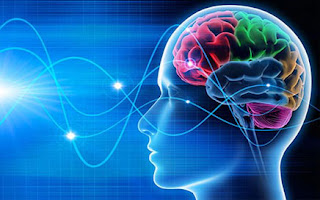Dementia in Parkinson’s Disease: it’s Therapeutics| Stephy Publishers

SOJ Neurology and Neuroscience - (SOJNN)| Stephy Publishers Abstract Background: Dementia is a cognitive degenerative disease generally associated with Alzheimer disease, but victims with Parkinson’s disease also develops dementia at the latter stage. Dementia associates with irreversible loss of memory, and no medicinal cure is yet available. We here put some light on possible cell therapy for dementia. Aim: Neural stem cells are multipotent cells which are capable of self-replication and differentiation into neurons, astrocytes or oligodendrocytes in the central nervous system. They produce Dopamine, neural factors, and therefore, one can expect that NSC transplantation can ultimately provide a better therapeutic approach in the treatment of dementia as well as Parkinson’s disease (PD). Methods: We discussed the merits and demerits of using hNSCs cells over other possible candidate cells. Results: As we found that hNSCs can secrete Dopamine as well as...


